Cherrymochi hasn’t been around all that long – this Japanese-based developer only has one published game so far. But what a game it is! Tokyo Dark is essential stuff – it’s gripping, smart, provocative and evocative. It’s a masterpiece that seems destined to have a small cult following, but those people will be feverish in their support of it.
Cherrymochi is currently hard at work at a very different game in Exit Veil – an RPG based on the tarot. We had a chance to chat with the studio founder, Jon Imazato, about both Tokyo Dark and this game, as well as what it’s like to make games that act as observations on life in Japan, as an outsider but with a long history in the country and culture.
(Note: this is the second half of the interview; the first half, which focuses much more on the concept and mechanics of Exit Veil, can be read here. This interview originally appeared in the Dee Dee Zine, but as we are no longer publishing that, I have republished this here for the sake of posterity).
(Second note: After the original publication of this interview, the developer ran a massively successful Kickstarter for the game. You can read more about it here. The game is currently on track for an October 2024 release).
Matt S: From the Website for Exit Veil, there was one particular sentence that stood out to me: “Exit Veil confronts our darkest shadows & explores what it truly means to be.” So are we talking Sartre/Camus style existentialism here, a Hamlet reference, or some entirely different kind of musing?
Jon I: Camus’ absurdism is the hidden exit hatch from The Abyss of nihilism*; it’s the rope thrown down at the last minute. I adore Camus, where Sartre still leaves us hanging from our own creations, absurdism embraces the defiance in the act of creating our own meaning. Following our Will to find joy as an act of rebellion against the void/demiurge etc. resonates deeply with me.
Breaking off from consensual reality in an absurdist act of personal creation is a very viable solution, but one that few take. Mainly because it can lead to odd looks at the pub and tends not to pay the bills.
Back on to the question though, in that specific quote, I was referencing Jung and his work on archetypes and the shadow (*see Tarot) rather than the existentialists. Though The Abyss is very much a part of Exit Veil.
*Obligatory Big Lebowski quote goes here.
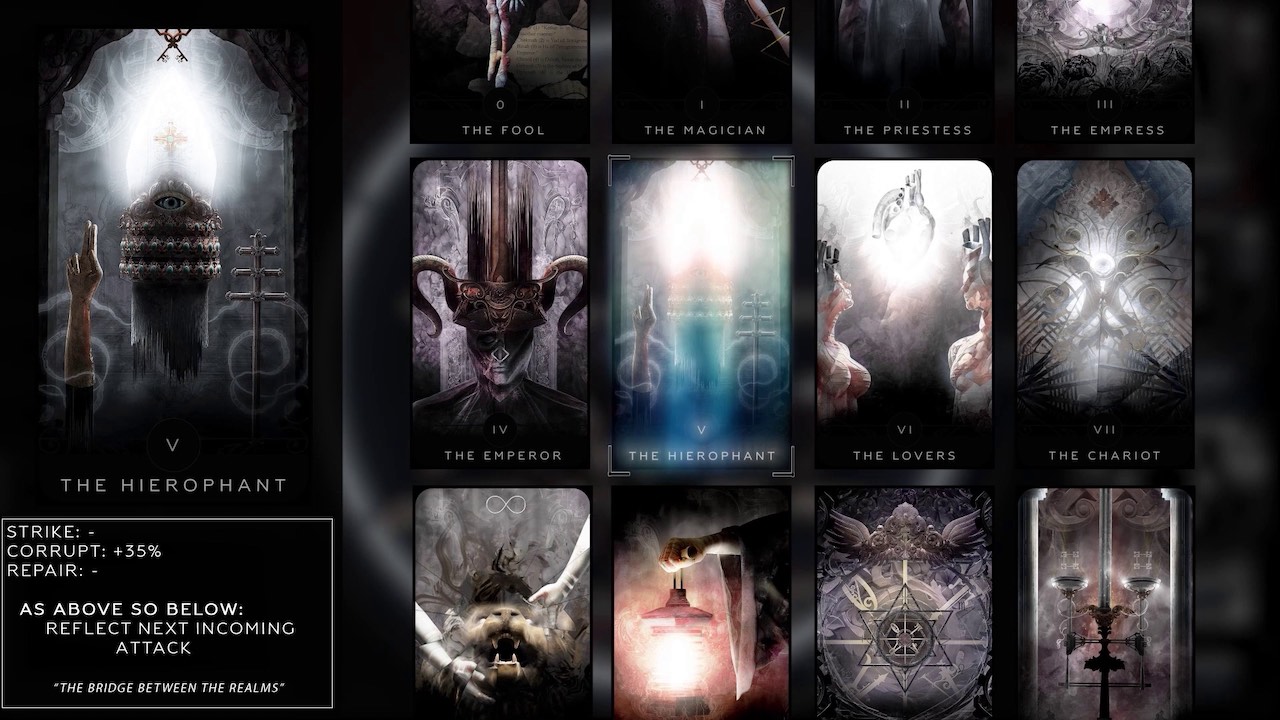
Matt S: While I’ve only played Tokyo Dark, based on the description and concept behind Exit Veil I wonder if it’s a similar case, but your games seem to be quite thoughtful and reflective, and ask players to bring a kind of literary awareness to the play. Are you ever concerned that they won’t “get it”, and will therefore largely miss the appeal of the game?
Jon I: Great question! I can almost guarantee that some readers stopped at the answer to the last question, muttering “pretentious wanker” to themselves and scrolling off into the sunset. I’m okay with that.
Looking at Tokyo Dark reviews which range from 10/10 to 3/10 you can find many examples of your point!
Media is often treated as binary in quality, it is “good” or it is “bad”. So few people acknowledge that art shouldn’t have to be for everyone. It is ok to say: “This isn’t for me” and it’s ok for creators to create things that might not be for everyone.
The solution I’m taking with Exit Veil is consciously designing the game with multiple levels of interpretation in mind. Making sure the surface level is as approachable as possible, requiring minimal active engagement or literary awareness.
On a surface level, Exit Veil can be interpreted as: Girl goes into a magical world and battles cool looking creatures with a Tarot Deck. I want players who only take that away from the game to have the best experience of “girl going into a magical world with a tarot deck” possible. But for those who like things a little deeper, a little richer, Exit Veil is a vast rabbit hole of ideas and reflections waiting to be explored.
FromSoftware are excellent at what I’m aiming to do. They provide mountains of environmental storytelling, passed over by most, but adored by those who want to dig.
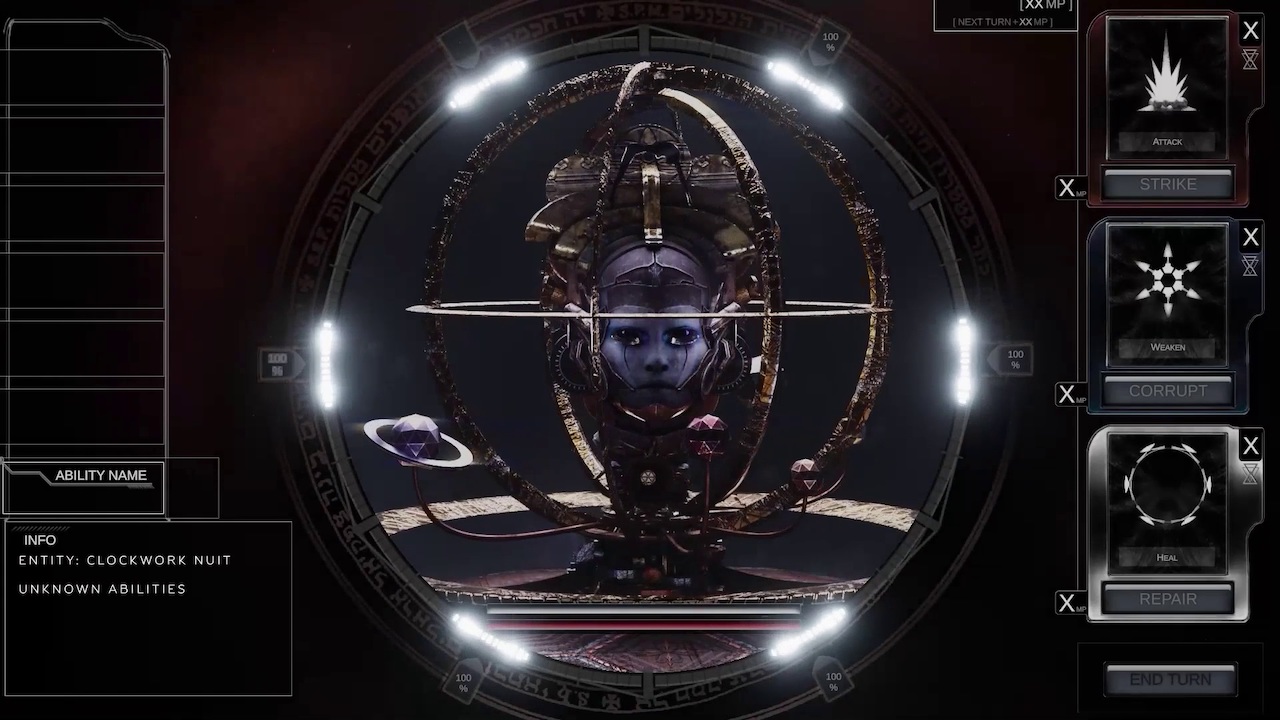
Matt S: As both an outsider looking in, and someone who is deeply immersed in Japanese culture, do you feel that you enjoy a somewhat unique view on Tokyo and its surroundings when it comes to using the city as a setting?
Jon I: Tokyo is insane. It grins at London and New York, and they shudder. Without spending significant time in Tokyo it’s hard to see how deep its manic, unhinged personality runs. I love Tokyo.
If you get the chance, you should take a walk from Ueno Park, down to Akihabara, ending in the winding cavernous tunnels beneath Tokyo station and listen. Observe the soundscapes. The tonal shifts will give you whiplash. Trying to capture this in Tokyo Dark was challenging, but the erratic shifting feel of the game is an intentional reflection of the city. Tokyo is the omnipresent lead character, devouring its victims, Detective Ito is the supporting role, the outsider.
As for my relationship with being the outsider, it is a role I’m comfortable with. I resonate strongly with The Hermit archetype… Even moreso after this bloody pandemic. Many foreigners who want to integrate fully into Japan struggle, as it doesn’t matter how long you have lived here, how fluent you are in Japanese, if you are married, if you run a Japanese company, you will always be an “outsider”. The “outsiders” who accept this role flourish here. As I’ve found, being an outsider comes with its own set of rewards.
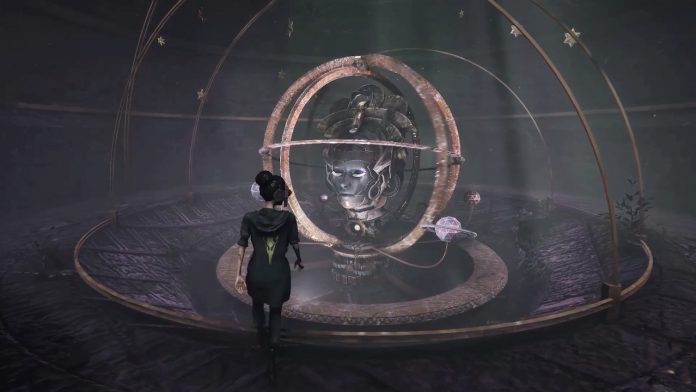
Matt S: While it’s chalked up as a “horror” game, I would characterise Tokyo Dark as unsettling rather than anything outright horrific, as we generally describe in video games. I would say that Exit Veil looks the same. It seems you punch a bit higher in the horror hierarchy, to be something more akin to Stephen King than the typical ugly-monster-action-games that are so common. In a medium as visual as video games, is it diicult to build that disquiet and intensity without giving players the ugly monster?
Jon I: There has been quite a renaissance in horror over the past few years, with Ari Aster’s Hereditary and Midsommar leading the way for a new wave of dread focused cerebral horror.
Thomas Ligotti, Laird Barron and the New-Weird literature movement (for lack of a better term) are also huge inspirations. In general, I think that game developers would benefit from paying attention to these artists. I feel too many horror games reference techniques from other horror games. Game devs often have this extreme hyper- focus on other games instead of the overall genre across all mediums. So, I guess what I’m saying is… don’t steal from other games! Steal from modern movies and literature instead!

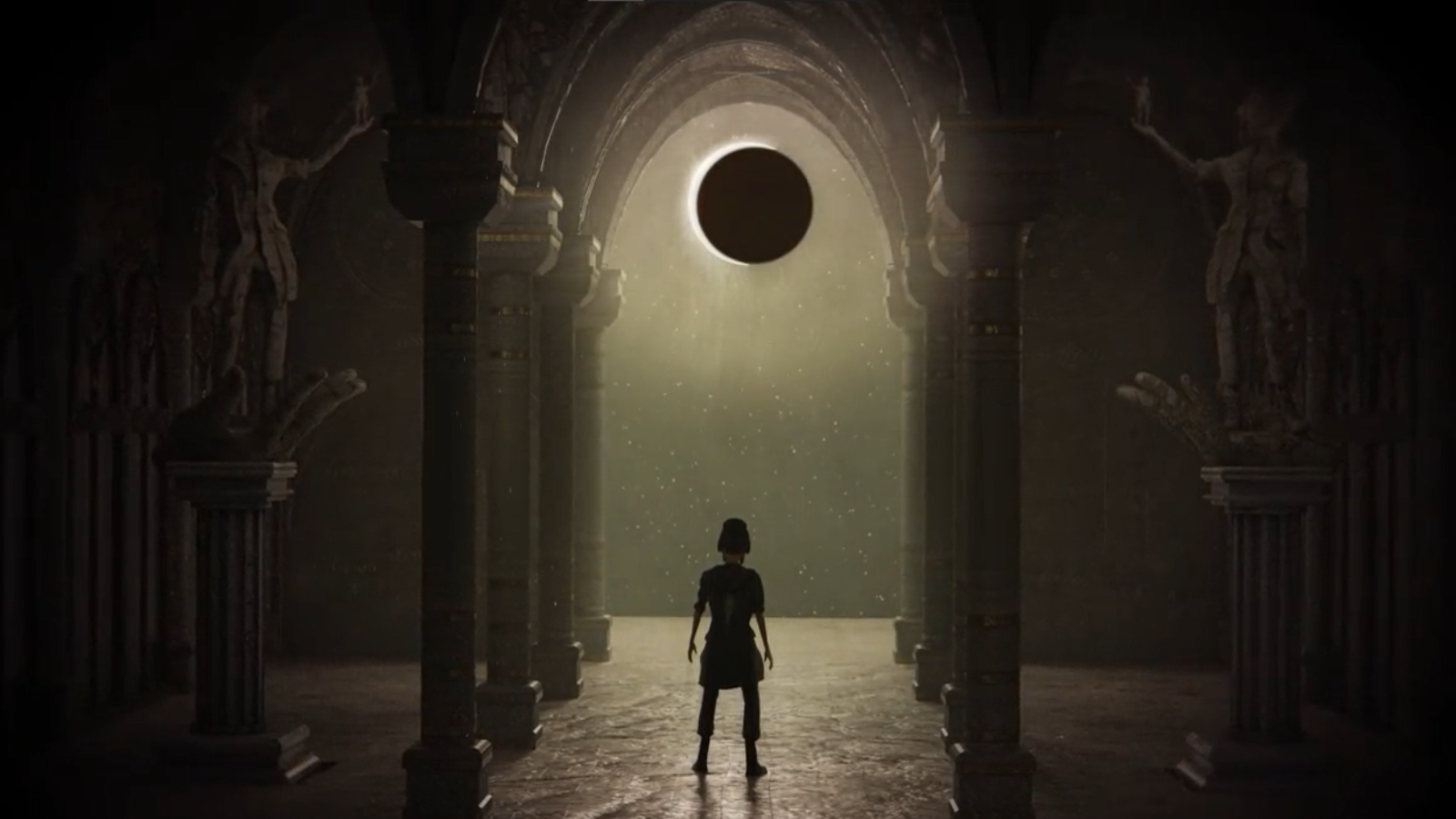

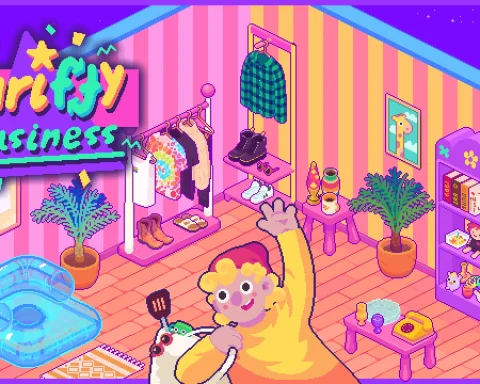
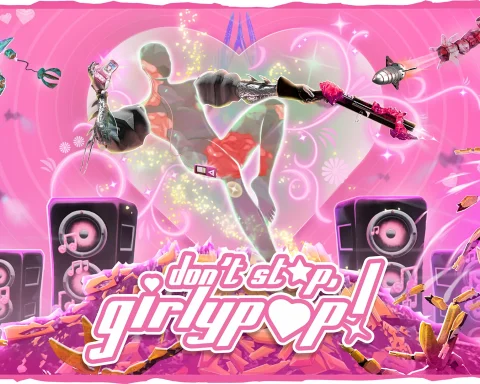
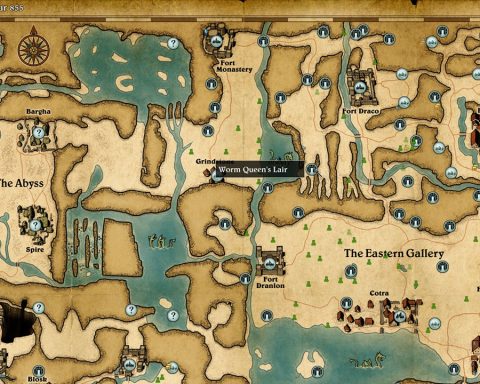
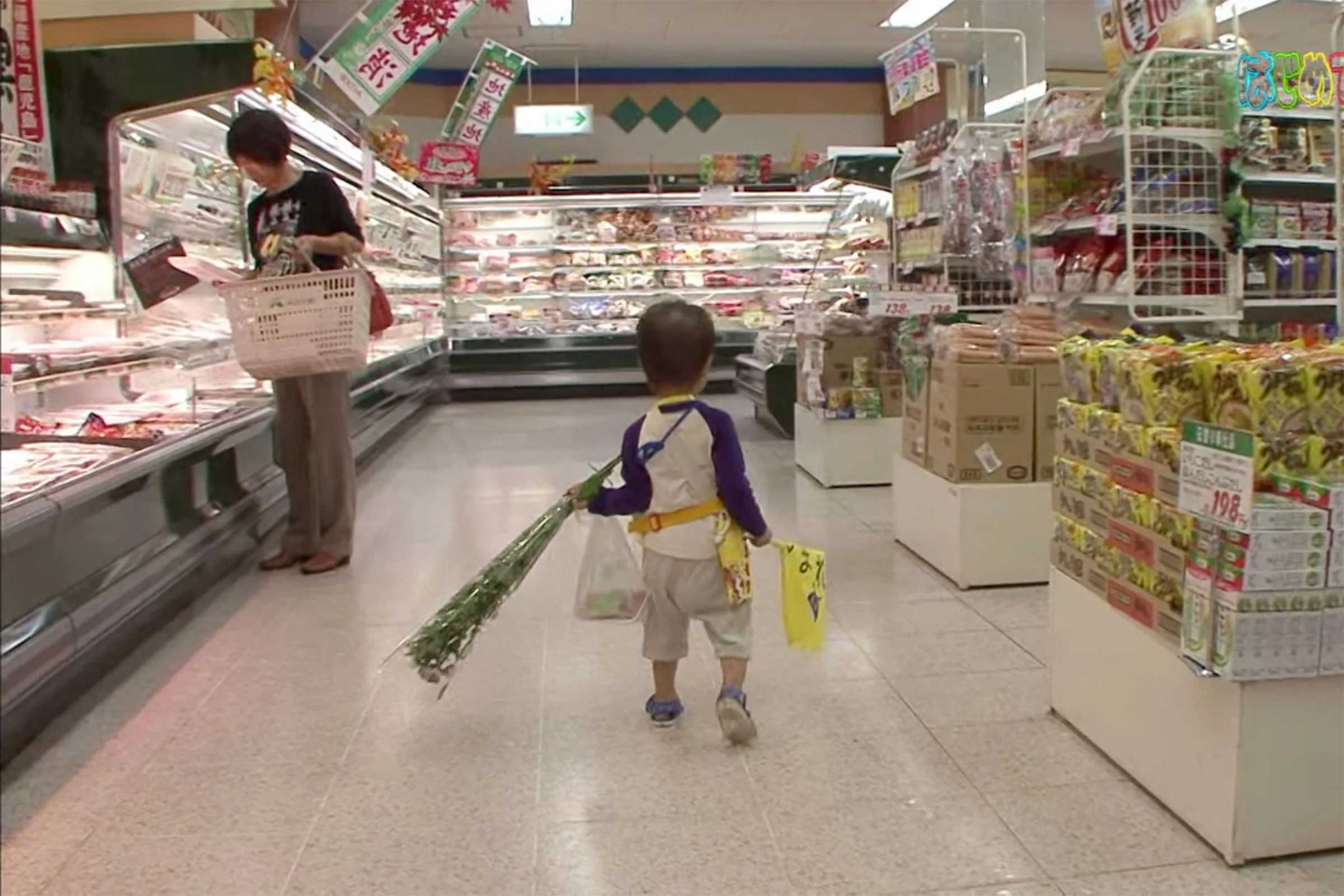
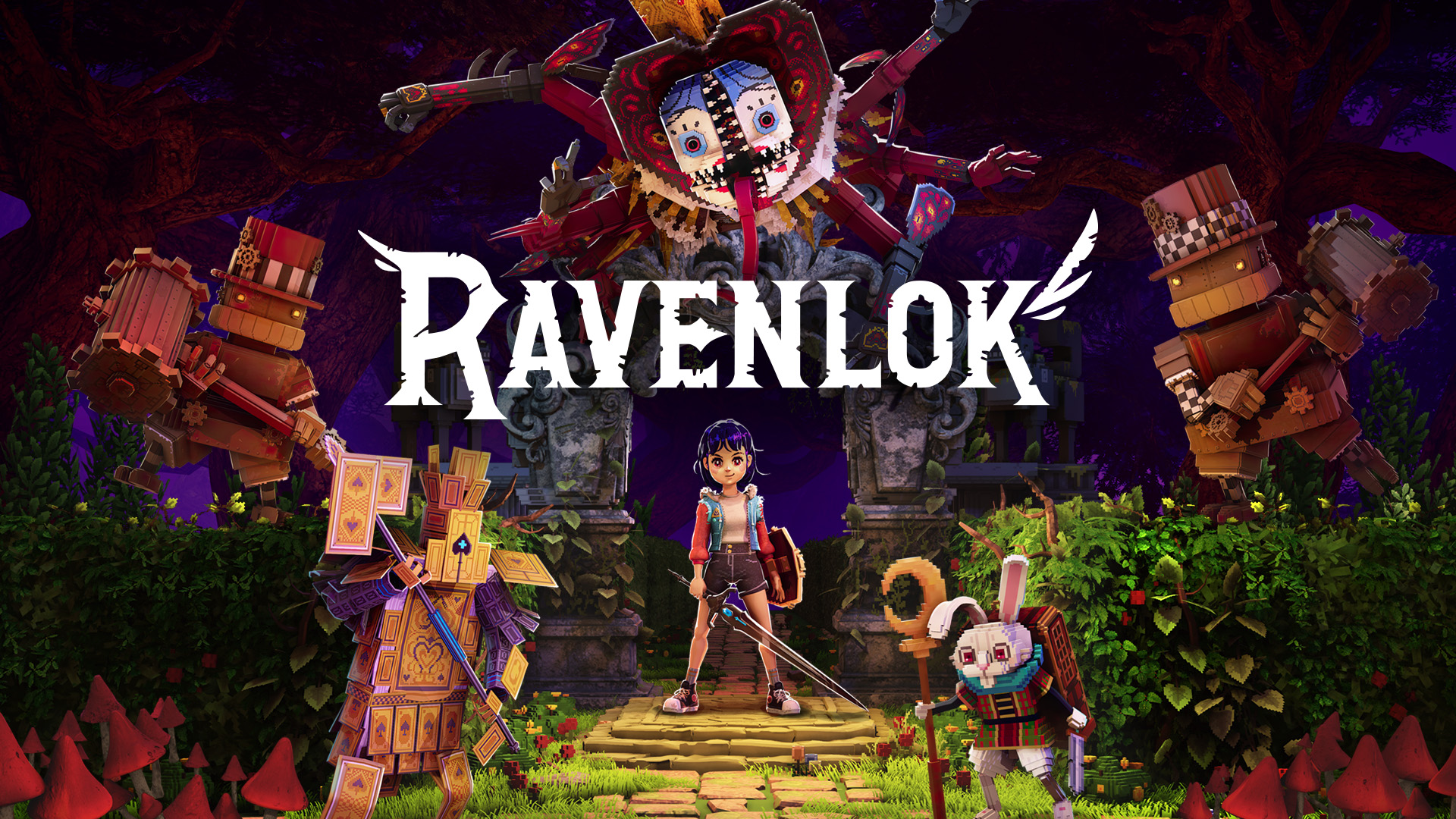



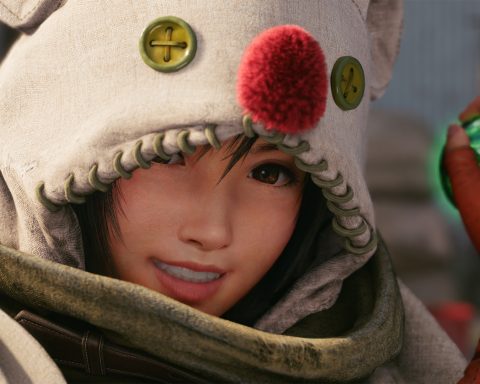
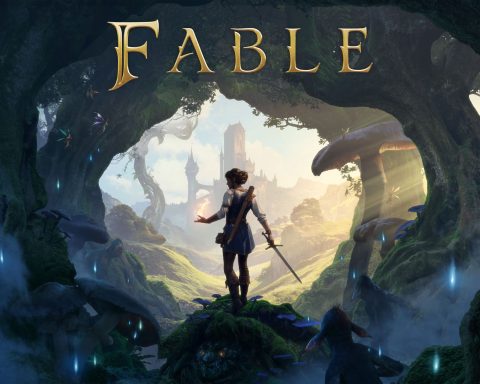
Great Interview. Really looking forward to this, as the design of the Tarot-Deck already proves that there is a lot of thought behind the matter, and that they don’t just use the Tarot and its esoteric/occult language as window-dressing.
Yeah, I am really looking forward to this too. If you’ve not played Tokyo Dark yet, I highly recommend it, because this developer *really* thinks about what they’re doing, and I love that.